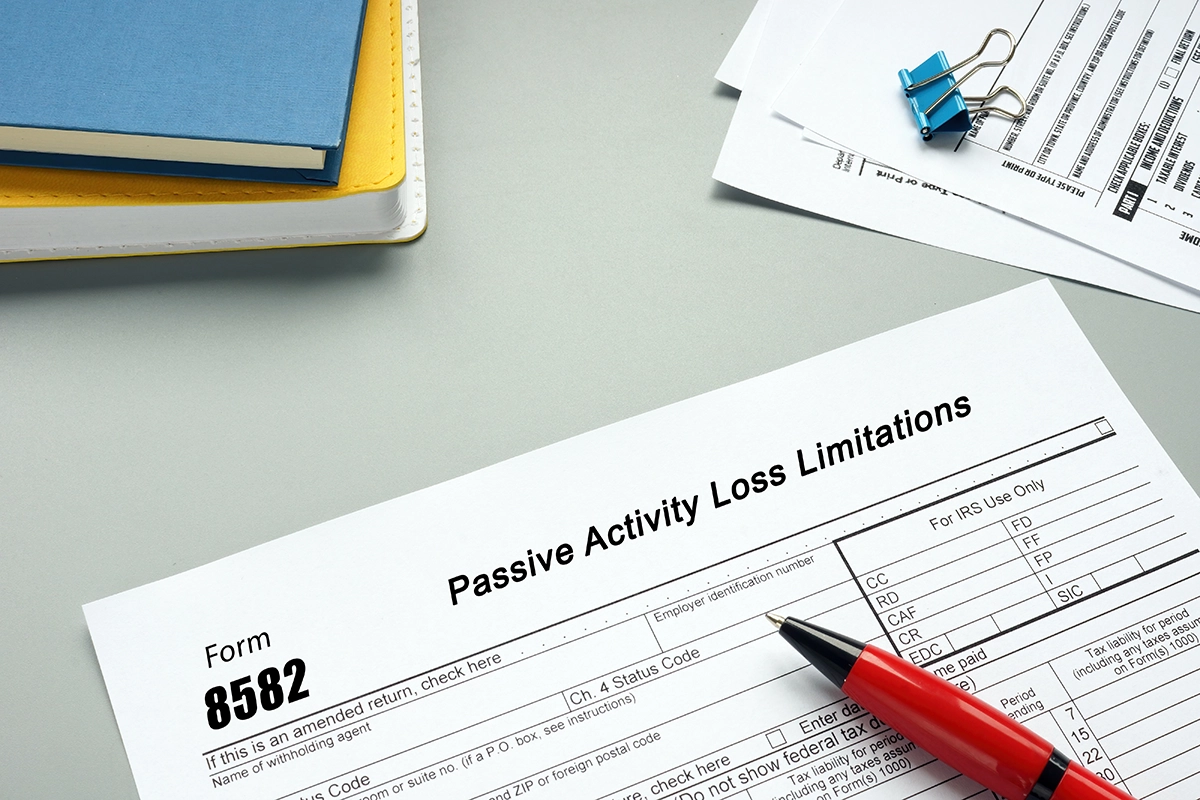The passive activity loss rules are a set of rules that the IRS has to prohibit using passive losses to offset any earned or ordinary income. Passive activity loss rules prevent investors from using losses incurred from income-producing activities in which they did not actively participate in during the tax year. Passive losses can only be used to set off passive income.
The Internal Revenue Service (IRS) defines two types of passive activity – these are trade or business activities that a taxpayer did not actively contribute in, and rental activities. Unless you are a real estate professional, rental activities usually provide streams of income that are considered passive.
In order for a taxpayer to be considered a real estate professional they must meet the following criteria – more than one-half of the total personal services you perform in trades or business is performed in real property trades or businesses and you must perform more than 750 hours of these services during the tax year in real property trades or businesses in which you materially participate.
Have you filed a form 8582 in the past? If not, you are missing out on potentially thousands of dollars in tax savings. Real Estate Professionals (Real Estate Agents and Real Estate Investors) need to ensure that your CPA is handling this properly for you. If your real estate losses are getting limited there is an opportunity to refile your taxes to get the savings, you should have been taking advantage of.
Intentional Accounting is your source for navigating the intricacies of passive activity loss. Reach out to us to get answers to the questions you might have.











